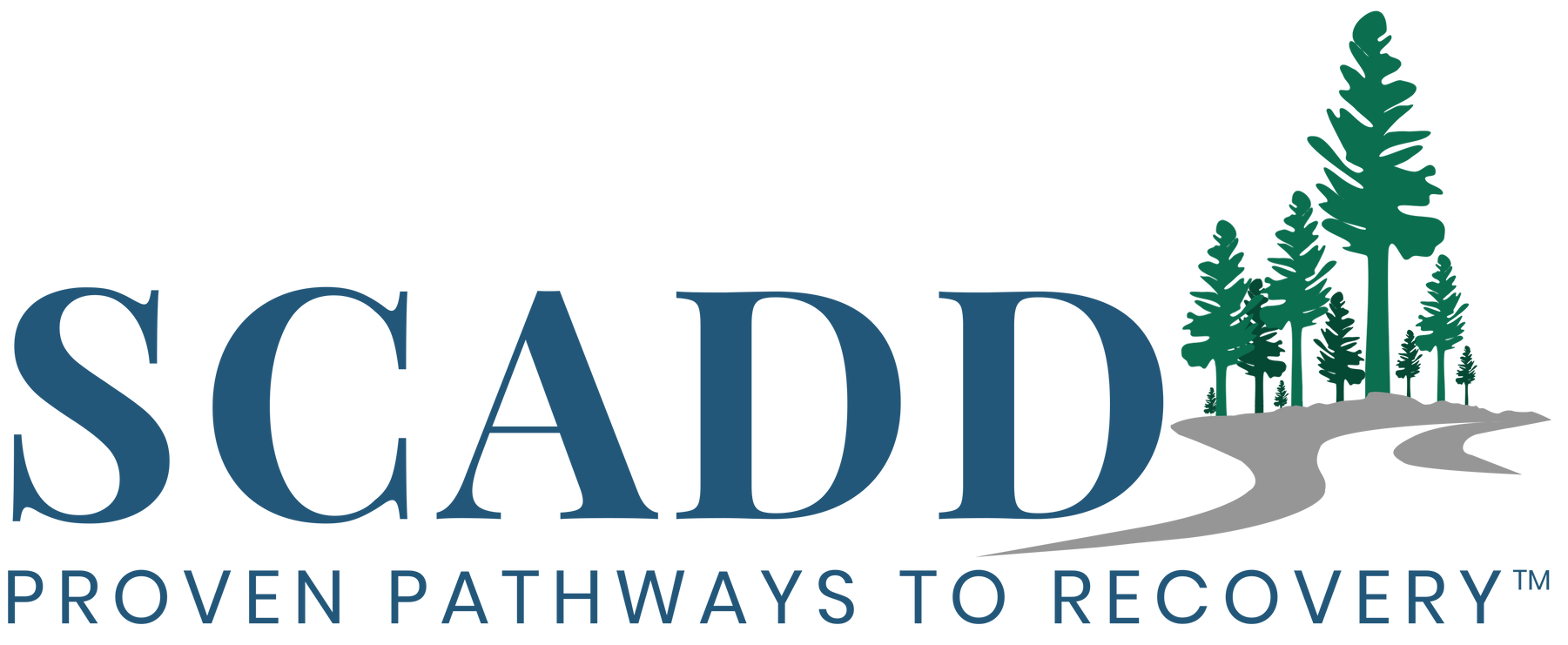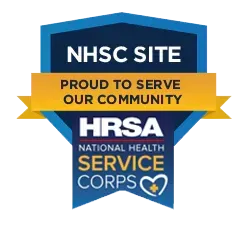Patient Treatment Guide
Effective Addiction Treatment
It is important to note that not all treatment options are equally effective for every person. Each person’s case is unique and could require very specific therapy options. However, addiction research has revealed different factors that help increase the effectiveness of treatment. NIDA (National Institute on Drug Abuse) recognizes 13 principals that make treatment more effective.
- Addiction is a complex but treatable disease that affects brain function and behavior.
- No single treatment is appropriate for everyone.
- Treatment needs to be readily available.
- Effective treatment attends to multiple needs of the individual, not just his or her drug abuse.
- Remaining in treatment for an adequate period of time is critical.
- Behavioral therapies – including individual, family or group counseling – are the most commonly used forms of drug abuse treatment.
- Medications are an important element of treatment for many patients, especially when combined with counseling and other behavioral therapies.
- An individual’s treatment and services plan must be assessed continually and modified as necessary to ensure that it meets his or her changing needs.
- Many drug-addicted individuals also have other mental disorders.
- Medically assisted detoxification is only the first stage of addiction treatment and by itself does little to change long-term drug abuse.
- Treatment does not need to be voluntary to be effective.
- Drug use during treatment must be monitored continuously, as lapses during treatment do occur.
- Treatment programs should test patients for the presence of HIV/AIDS, hepatitis B and C, tuberculosis and other infectious diseases as well as provide targeted risk-reduction counseling, linking patients to treatment if necessary.
How Treatment Works
Substance use disorders affect many aspects of a person’s life, and because of that, multiple types of treatment are often required. The first step to treating addiction is to recognize that there is a problem. Gaining an understanding of the specific addictive behavior and what triggers it is essential for changing the pattern. For many people, the most effective treatment can be medication in addition to either individual or group therapy. Medications are used to control drug/alcohol cravings and relieve symptoms of withdrawal while therapy can help individuals struggling with addiction to better understand their behavior and motivations, develop higher self-esteem, cope with stress and to address any other psychiatric problems present.
Sources:
American Psychiatric Association. (2017, January). What Is Addiction? Retrieved from https://www.psychiatry.org/patients-families/addiction/what-is-addiction
ASAM. (2011, April). Definition of Addiction. Retrieved from https://www.asam.org/resources/definition-of-addiction
Bevilacqua, L., & Goldman, D. (2009, April). Genes and addictions. Retrieved from https://www.ncbi.nlm.nih.gov/pmc/articles/PMC2715956/
National Institute on Alcohol Abuse and Alcoholism. (2018, August). Alcohol Facts and Statistics. Retrieved from https://www.niaaa.nih.gov/alcohol-health/overview-alcohol-consumption/alcohol-facts-and-statistics
National Institute on Drug Abuse. (2003, October). What are risk factors and protective factors? Retrieved from https://www.drugabuse.gov/publications/preventing-drug-abuse-among-children-adolescents/chapter-1-risk-factors-protective-factors/what-are-risk-factors
National Institute on Drug Abuse. (2016, February). 7: Duration of treatment. Retrieved from https://www.drugabuse.gov/publications/principles-drug-addiction-treatment-research-based-guide-third-edition/frequently-asked-questions/how-long-does-drug-addiction-treatment-usually-last
National Institute on Drug Abuse. (2018, January). Principles of Effective Treatment. Retrieved from https://www.drugabuse.gov/publications/principles-drug-addiction-treatment-research-based-guide-third-edition/principles-effective-treatment
Odgers, C. L., Caspi, A., Nagin, D. S., Piquero, A. R., Slutske, W. S., Milne, B. J., . . . Moffitt, T. E. (2008, October). Is it important to prevent early exposure to drugs and alcohol among adolescents? Retrieved from https://www.ncbi.nlm.nih.gov/pmc/articles/PMC3664402/











